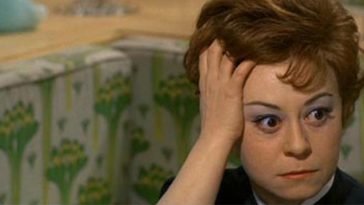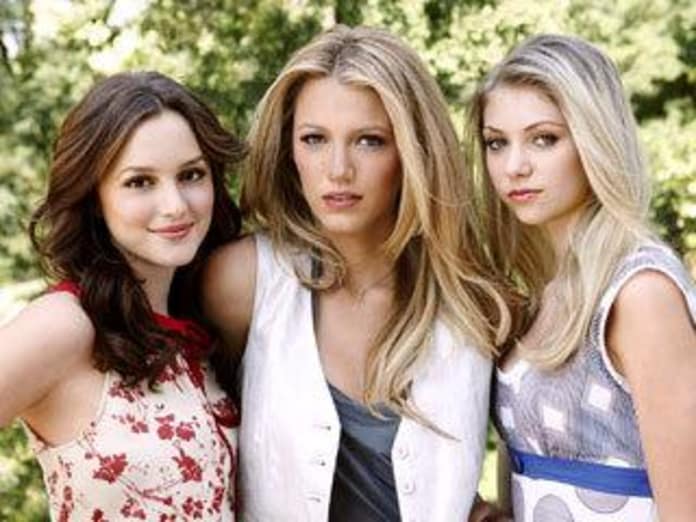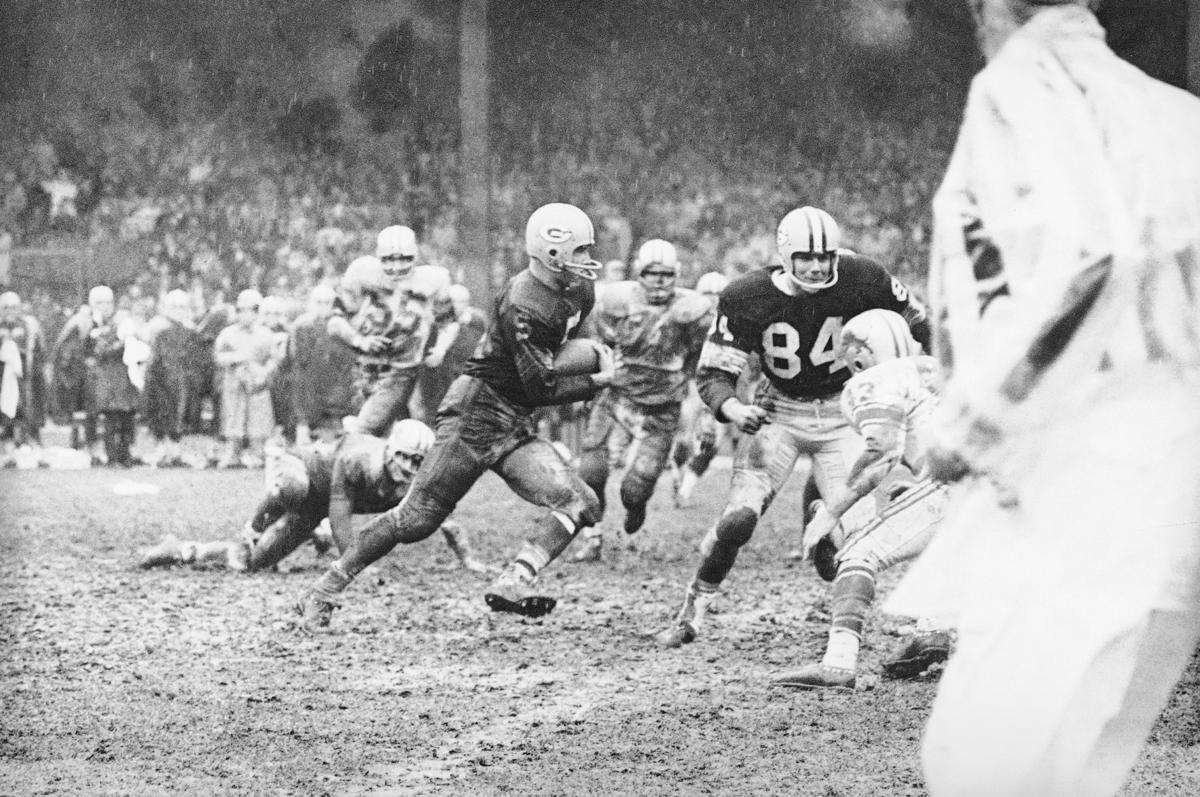Working Girl (1988)
Hit movie of the late 80s featuring a lot of big names (Mike Nichols, Harrison Ford, Sigourney Weaver, Melanie Griffith, even Alec Baldwin and Kevin Spacey appear in minor roles). I didn't see it at the time, probably because I could tell it was about yuppie baby boomers, a class of movie that I really could not abide at the time, and do not exactly love now. It is about class differences, though in a rather crude way, and I don't identify much with either of the classes represented here. Some people think highly of this though, and it made quite a bit of money. Perhaps there is a generational aspect. While I do always recoil at particularly baby boomer-ish movies, I do like some of the quirky Generation X 90s films in the Party Girl vein that people who were young in other times probably find unbearable. I did like seeing the cityscapes, cars, restaurants, etc, of late 80s New York (and Staten Island too).
The Exterminating Angel (1962)
I was thinking just the other day that it felt like I hadn't seen anything by Bunuel for a while. I didn't write down the date when I saw this, but it was in this calendar year, I'm sure. This is definitely the last older foreign film I've seen, which especially at my time of life is too long of an interval, but it is funny that I thought specifically of Bunuel as someone I had been missing, when I have been away from all the other greats of classic international cinema even longer.
I had seen this at least a couple of times before, but it had been 10-15 years since the last time. This may be my favorite Bunuel movie, maybe it is Viridiana, maybe someday it will be Discreet Charm of the Bourgeoisie. I can never remember what Viridiana is about two days after seeing it, but certain images and associations from it come to mind out of nowhere, cows and sideboards and bell towers and straw covered floors. The Exterminating Angel is, as everyone knows, a fantastical meditation on the absurdity of life as perceived through the lens of an almost uncorrupted artistic consciousness. One feels satiated by the directness and purity of the vision.
Burning Hot Summer (2011)
This modern European (French/Italian/Swiss--everything seems to be a collaboration now) domestic drama is the kind of thing I wish would turn up more on my lists under this new system. Actually I do think some contemporary foreign films have made it, they just haven't to date been easily available for me to see. I noted while watching this that "I like it, because it's how I imagine real people live (i.e. European art people and their complicated sex lives) but it's about people who are too cool for this world (literally too cool, not Jim Jarmusch style eccentric cool), so it is ultimately kind of depressing. No one has any phones or anything, so people can still go to hotels with their lovers in the middle of the day without anybody bothering them." With regard to this last point I formed a theory that the director/writer was probably someone around my age who had grown up wanting to make 1960s and 70s style French art films and determined that he not going to let technological advancements deter him from pursuing that vision, though in this I was wrong, as the director was a filmmaker named Phillippe Garrel, who was born in 1948 and has made about thirty pictures, though I don't recall seeing any of these others. This stars the celebrated Italian sex siren Monica Bellucci, who was about 46 at the time and acting alongside co-stars ten to fifteen years her junior but who still managed to produce the majority of the heat and loss of (male) sanity referenced in the film's title.
Les Miserables (2012)
This is the star-studded musical version, albeit mostly with Hollywood figures not noted for their singing prowess, which undoubtedly prevented a lot of people from being able to enjoy it, but I quite liked it, perhaps even mildly loved it, in spite of the inferior versions of the songs. When I saw this (back in March!), I tweeted that "the story has an emotional extravagance that I miss in this bloodless, oppressive, over measured, over controlled, emotionally dead cultural environment we seem to be trapped in now", and asked whether anybody else liked it. I felt like it got the romance that is the source of the story's claim to immortality, which surprised me, because I don't expect people in my life time to have, let alone embrace, the kinds of feelings which the story requires. The story is, or can be, so stirring. I am not an especial fan of musicals, especially modern (post-60s) ones, but I have always liked the songs from this. It is undoubtedly one of my favorites in this category.
As I get older I am cutting down (I think), on my actress shout outs from the deep wilderness, but I have to say I loved Samantha Barks as the plucky Eponine, who was the one major performer who was brought over from the stage production. Great radiance. Eponine's happier rival in love, Cosette, was played by Amanda Seyfried, who I often think I see everywhere, especially in these literary adaptations, but I often confuse her with Rosamund Pike and Alicia Vikander, who also make frequent appearances in these types of movies going back 10-15 years. I suppose you can throw Margot Robbie in with this group of blonde, able-to-project-high-social-status actresses as well, though I can usually tell her apart from these other three.
Tell me about it.
I do have something of a Les Miserables origin story to tell, which perhaps influenced my experience of the movie as well. When I moved to Maine as a teenager, the stage version had just recently debuted in the United States. I had not even been aware that such a musical existed, though for some reason I had already read the book--despite being well over a 1,000 pages and dating from the middle of the 19th century, it is not difficult even for a modern teen to understand. I had a job working at a restaurant in Kennebunkport for a while, and they employed a pianist, as restaurants often did then, and perhaps nicer ones still do, though I have not been to one that does in many years. This pianist was from Brazil, and by the standards that I was accustomed to, played well the character of a suave, artistic, middle aged South American gentleman, which was an unusual sort of person to come upon in Maine at that time especially. I wonder whether he was not gay. Kennebunkport and especially the nearby town of Ogunquit having sizable gay communities, but though I was vaguely aware of that at the time, it never occurred to me to think that anybody was of that persuasion unless they screamed it out loudly to everyone they came across. I had the idea that he had a family back in Brazil, and perhaps he did, or perhaps that is what he told people, anyway, the point of the story is that this guy really liked the Les Miserables soundtrack and played a number of the songs as part of his repertoire. As I didn't know what they were but found some of the tunes to have insinuated themselves into my brain and begun to induce melancholic and other sorts of emotions I asked him one day what some of the songs were and then the next time I saw him he had made me a cassette of the entire soundtrack album. And there were several months over the fall and winter of my junior year of high school where I listened to this tape in my bedroom quite frequently, and then, I never really listened to it again. But the songs all came right back to me when I saw the movie.
I was going to do three more movies but I think from now I am just going to make each movie have its own post. There will therefore be more of them, and I am worried that some of them will be too short. I suppose if I have nothing to say at all about something I can just leave it out. But this method isn't working for me so well.


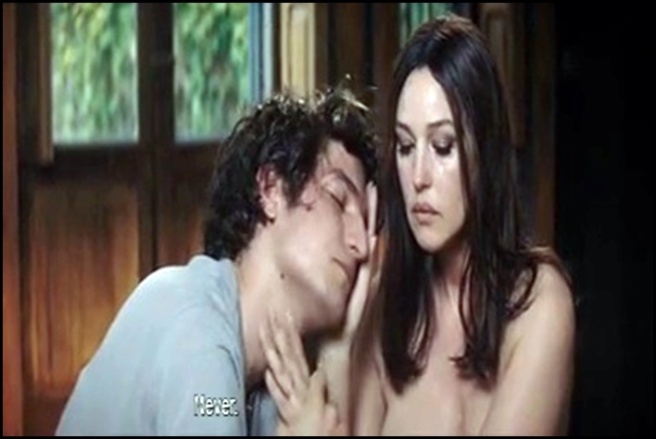







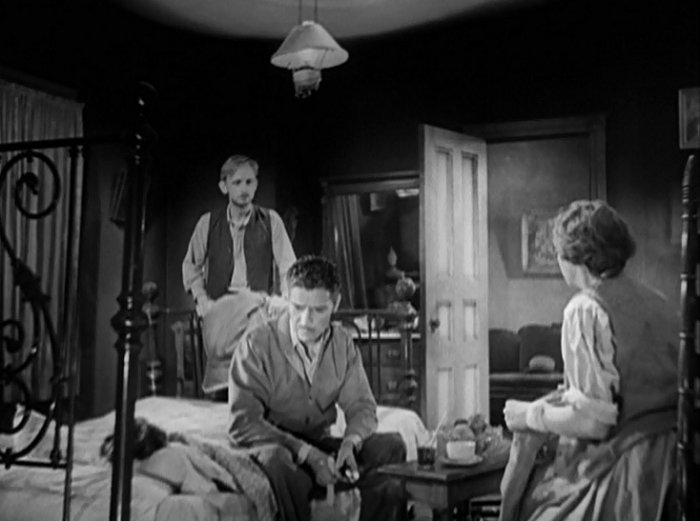

:no_upscale()/cdn.vox-cdn.com/uploads/chorus_asset/file/7949731/cure_r5_vB10A_160816_16pc_g_sRGB.450798_2040.jpg)
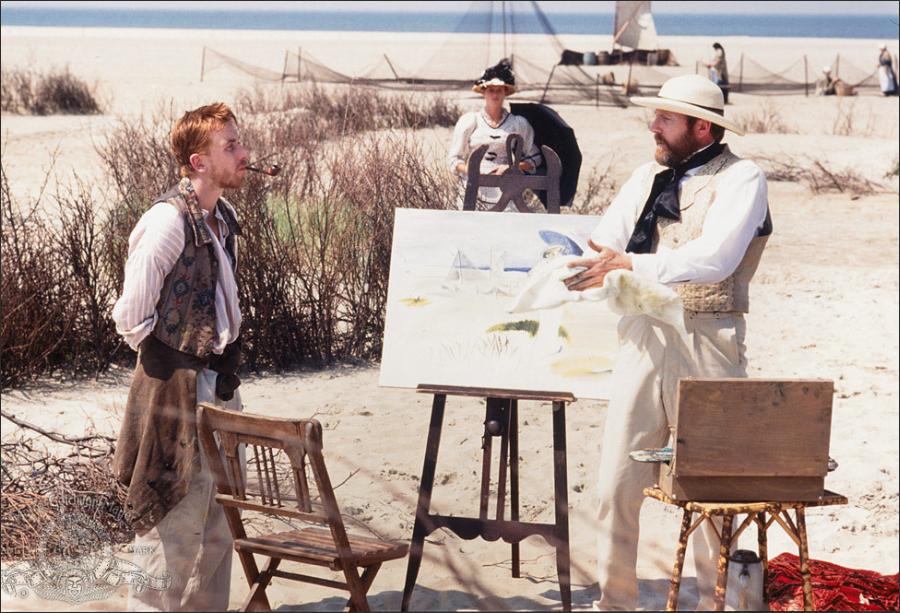



.webm/250px-seek%3D44-Night_of_the_Living_Dead_(1968).webm.jpg)

_1.jpg/300px-Million_Dollar_Kid_(1944)_1.jpg)



